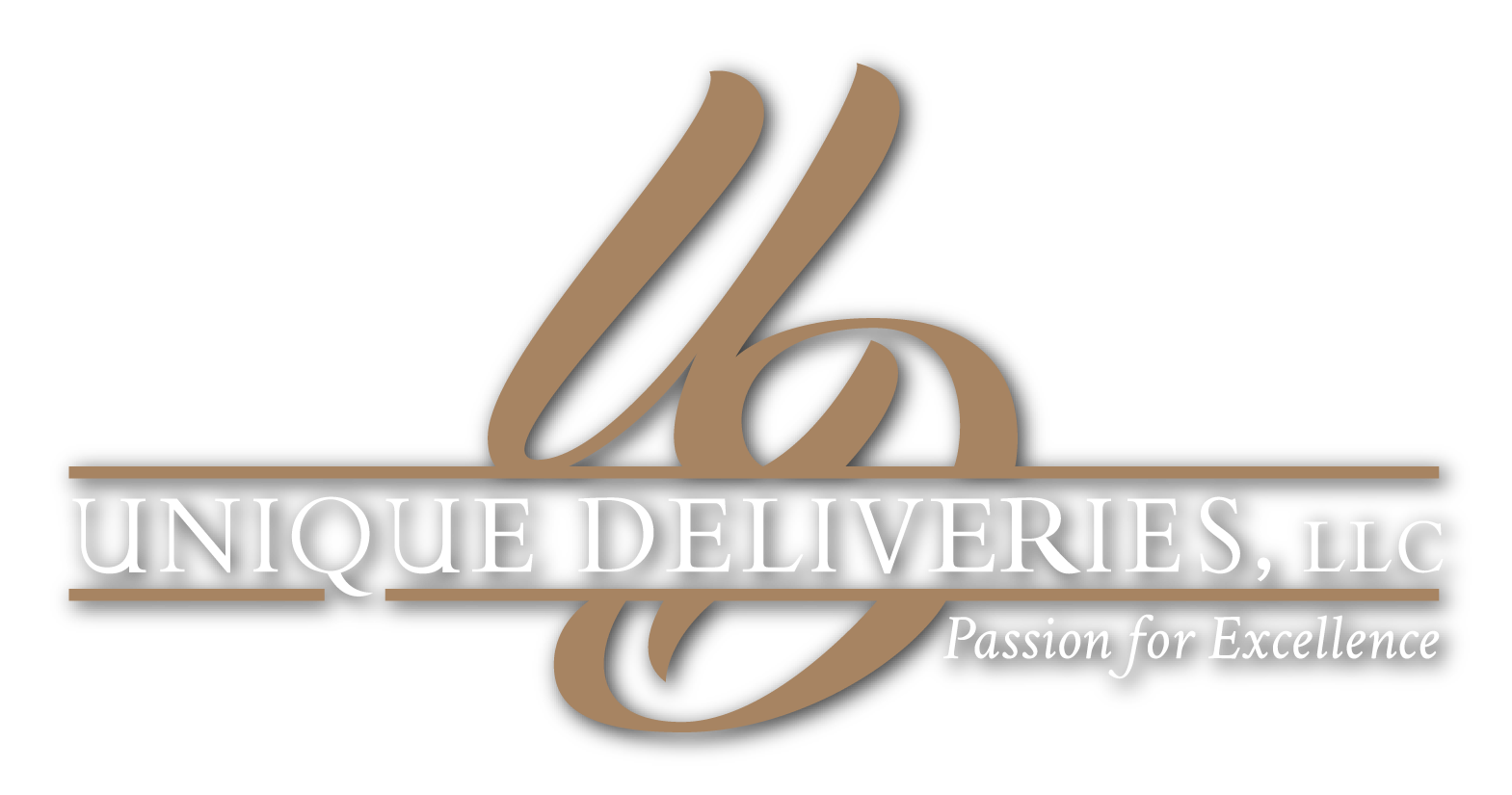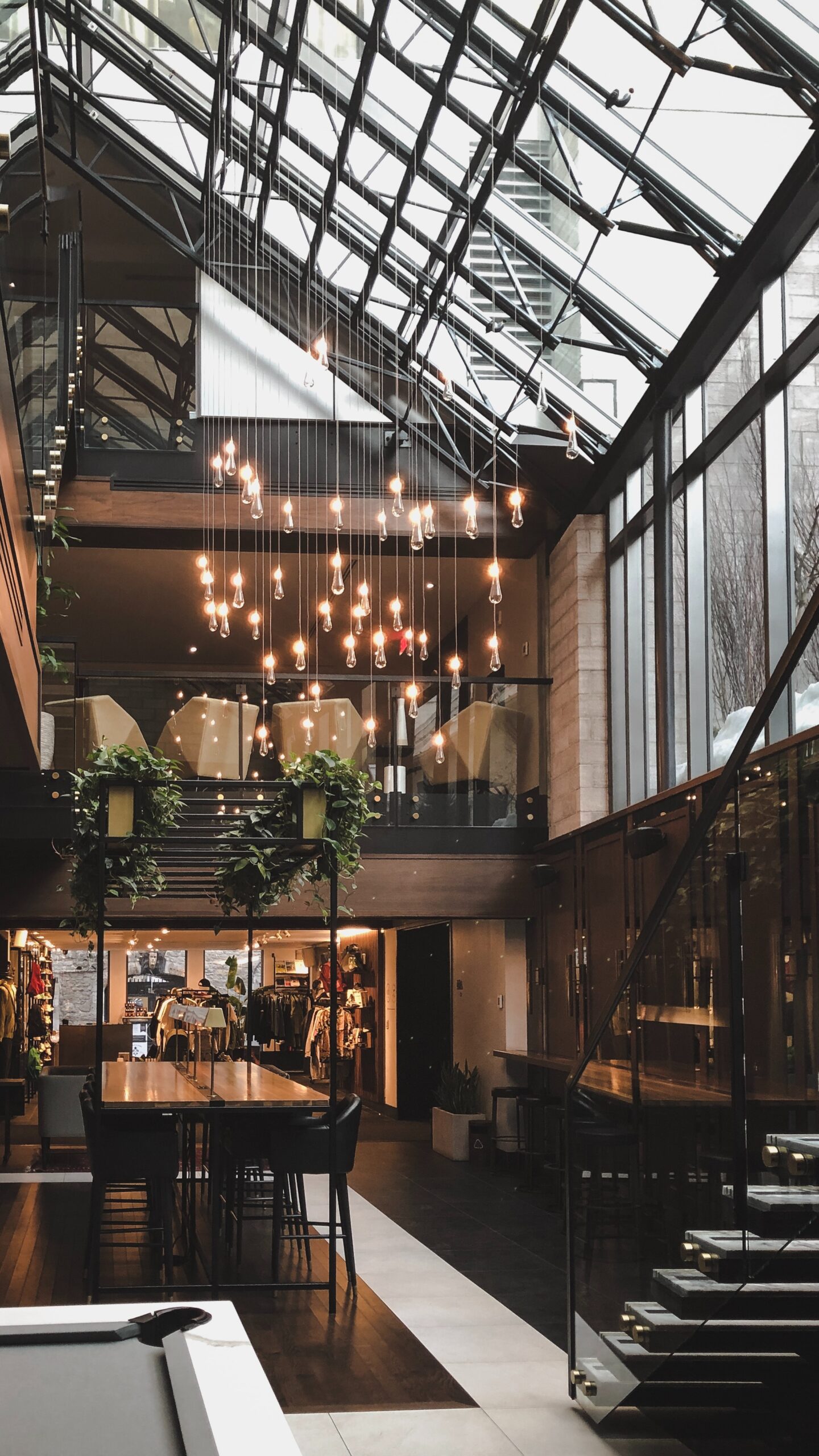
Opening a new hotel involves navigating various regulatory compliance requirements to ensure a seamless and successful launch. Complying with applicable regulations not only helps you meet legal obligations but also contributes to the safety, security, and satisfaction of your guests. In this blog, we will explore key aspects of regulatory compliance and provide insights on how to navigate them effectively, ensuring a smooth hotel opening process.
- Research and Understand Local Regulations: Before embarking on the hotel opening process, it is crucial to thoroughly research and understand the local regulations governing the hospitality industry. Familiarize yourself with zoning laws, building codes, permits, licenses, and any other requirements specific to your location. Engage legal and regulatory experts if necessary to ensure comprehensive knowledge and compliance.
- Establish a Compliance Checklist: Creating a detailed compliance checklist is essential for staying organized and ensuring that all necessary requirements are met. The checklist should include items such as obtaining permits, licenses, certifications, and inspections from relevant authorities. It should also encompass compliance with health and safety regulations, accessibility standards, fire safety protocols, and environmental guidelines. Regularly review and update the checklist to track progress and address any gaps in compliance.
- Engage Professionals and Consultants: Navigating regulatory compliance can be complex and time-consuming. Engaging professionals and consultants with expertise in the hospitality industry and local regulations can prove invaluable. Legal advisors, architects, engineers, and consultants specializing in hotel openings can provide guidance and support throughout the process. They can help interpret regulations, assist with permit applications, and ensure adherence to the required standards.
- Develop Comprehensive Health and Safety Protocols: Compliance with health and safety regulations is paramount in the hotel industry. Develop comprehensive protocols and procedures that align with local health and safety requirements. This includes implementing measures for food handling and storage, pool and spa safety, emergency response plans, sanitation practices, and guest security. Regular staff training and ongoing monitoring are essential to maintain compliance and ensure a safe environment for guests and employees.
- Address Accessibility Standards: To provide equal access and accommodate guests with disabilities, it is vital to comply with accessibility standards. Familiarize yourself with local accessibility regulations, such as the Americans with Disabilities Act (ADA) in the United States. Ensure that your hotel’s design, facilities, and services meet the prescribed accessibility guidelines. This includes features like wheelchair ramps, accessible parking spaces, grab bars, signage, and accessible rooms. Collaborate with accessibility experts to ensure compliance and inclusivity.
- Implement Data Privacy and Security Measures: In today’s digital age, safeguarding guest data and ensuring privacy is of utmost importance. Familiarize yourself with data protection and privacy laws in your jurisdiction, such as the General Data Protection Regulation (GDPR) in the European Union. Implement robust data privacy and security measures, including secure payment systems, encryption protocols, data breach response plans, and guest information protection policies. Regularly review and update your practices to stay current with evolving privacy regulations.
- Regular Training and Compliance Monitoring: Education and training are key components of maintaining regulatory compliance. Provide comprehensive training to your staff on relevant regulations, protocols, and procedures. Ensure they understand their roles in upholding compliance standards. Implement a system for ongoing compliance monitoring, including regular audits, inspections, and internal checks. Promptly address any non-compliance issues and take corrective measures to maintain a culture of compliance within your hotel.
- Stay Updated on Regulatory Changes: Regulatory landscapes are subject to change, so it’s crucial to stay updated on new regulations, amendments, or industry-specific requirements. Establish a system to monitor regulatory updates, such as subscribing to relevant industry publications, joining professional associations, or consulting with regulatory experts. This proactive approach allows you to adapt quickly, maintain compliance, and prevent potential legal and operational issues.
Navigating regulatory compliance is a fundamental aspect of ensuring a seamless hotel opening process. By conducting thorough research, establishing a compliance checklist, engaging professionals, developing comprehensive protocols, addressing accessibility standards, implementing data privacy measures, providing regular training, and staying updated on regulatory changes, you can navigate the complex regulatory landscape effectively. Prioritizing compliance not only helps you meet legal obligations but also enhances guest safety, security, and satisfaction, ultimately contributing to the success of your hotel.
If you are a hotel owner, hotel rep, purchasing agent, or interior designer seeking to find an FF&E partner for your next hotel opening or renovation, you can learn more about our hotel installation and FF&E services here>>




